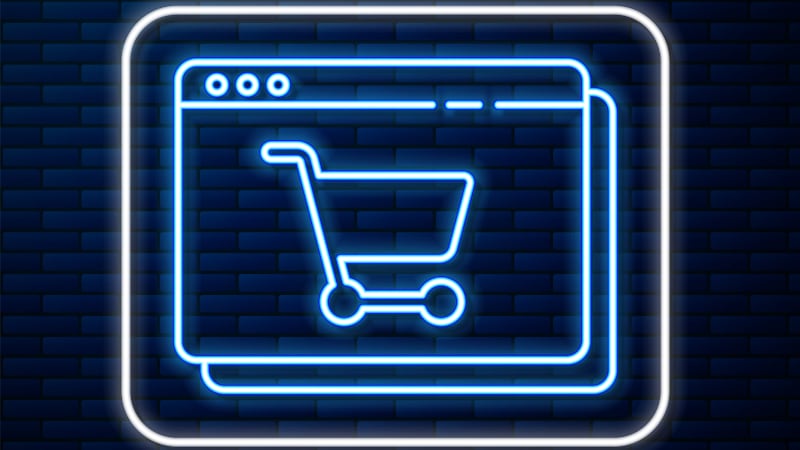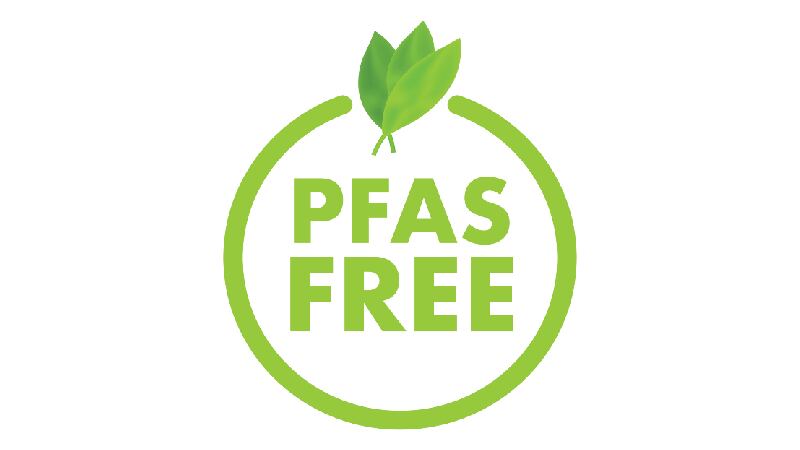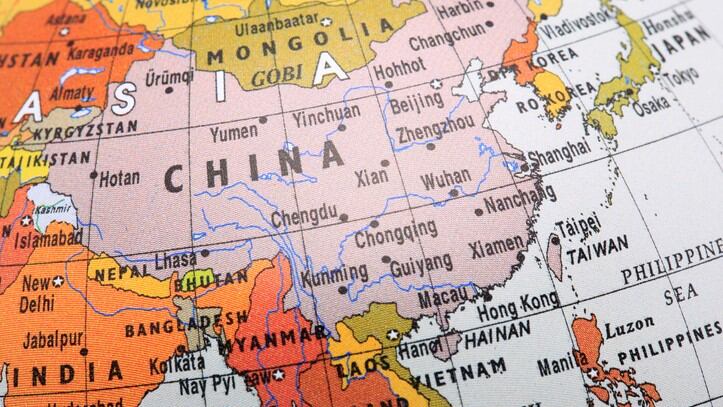The convenience of online shopping for cosmetics in China has come at a cost — particularly in terms of product quality and safety.
According to Hubei’s 2021 Cosmetics Adverse Reaction Monitoring Annual Report, adverse reactions caused by cosmetics sold online increased by 14.89% year-on-year. Similarly, Shanghai’s version of the report showed that 62.17% of adverse reactions in consumers came from products purchased online.
To address this problem, the China National Medical Products Administration (NMPA) has issued the finalised “Supervision and Administration Measures on Cosmetics Manufacture and Operation”, which will be implemented from September 1.
This is China’s first regulation specially established for online cosmetics operations.
The measures comprehensively and systematically stipulate the management requirements for cosmetics e-commerce platforms, cosmetics companies on the platforms, and supervision and administration departments.
Under the regulation, e-commerce platforms are required to set up a quality and safety management system, perform real-name registration and routine inspection, and report illegal activities.
“In the case of major safety issues, the platform must take necessary steps to report to local regulatory authorities. Previously, the platform may only remove or block non-compliant products and disconnect links. Now, it is required to synchronise the information with the regulatory authorities, which increases the depth and intensity of supervision. Violations will not only be handled by the platform, but also subject to investigation and punishment by the authorities,” said Hedy He, Cosmetic Regulatory Analyst at ChemLinked.
On the other hand, cosmetics firms on e-commerce platforms are obligated to publicise product information, control risks, recall non-compliant products, and ensure proper storage and transportation.
“Notably, product safety information and efficacy claims on the webpages must be consistent with product labels and submissions in registration or notification dossiers. This requirement aims to curb the behaviour of submitting concise and cautious claims to pass the review, but using exaggerated and false claims to mislead consumers during promotion.
“If companies continue selling other batches of a product that has been identified as non-compliant during sampling tests, they must prominently publicise the non-compliant information for at least a year. As consumers’ trust in brands is crucial when choosing products, this will deter firms from breaking the rules and make them more stringent in controlling product quality,” He added.
Prior to the new measures, the NMPA primarily inspected cosmetics sold offline, while online inspections were initiated by consumer complaints. Thus, the more refined regulatory framework will bring better uniformity in online and offline supervision.
“This shift from passive to active supervision will significantly improve product quality control. The measures will revolutionise the online cosmetics market, making it less of a breeding ground for counterfeit and substandard products, and foster a more favourable competitive environment for compliant brands. At the same time, non-compliant merchants will face stricter regulations. This development is a positive step for the beauty industry, as well as a final warning for rules-breaking companies and platforms,” emphasised He.
Importantly, consumers stand to benefit from the more closely regulated e-commerce platforms, as they will be assured that cosmetic products online are from reliable merchants, and are authentic, safe and effective.
Flourishing e-commerce landscape
China’s e-commerce market has grown rapidly in recent years, with the COVID-19 pandemic catalysing the boom of beauty e-commerce platforms.
“Data has indicated that the penetration rate of beauty e-commerce channels in China rose from 14% in 2016 to 27.2% in 2020. In addition, transaction value of the beauty e-commerce industry was reportedly RMB19.88bn (USD2.9bn) in 2020 and RMB27.8bn (USD4bn) in 2021,” He shared.
The highly competitive market comprises three main categories — online marketplaces (such as Taobao and Tmall), vertical e-commerce platforms (such as Lily&Beauty and Jumei), and content-based platforms (such as Xiaohongshu, Kuaishou and Douyin).
“More international and local brands are expected to join China’s e-commerce platforms, and expand into consumer markets of all levels and demographics. As consumers’ confidence in online consumption grows, the cosmetics e-commerce market is set to become increasingly popular, with transaction value projected to exceed RMB200bn (USD28.9bn) by 2027,” said He.





